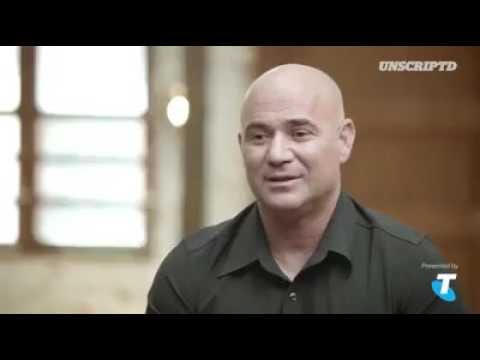Game theory is interesting
On how much information to reveal while playing a game if you read every move
Game theory is interesting. Let's say you had perfect information about the next move the opponent is going to play but they don't know you do. You don't want the opponent to know that you know their next move. When do you use the information?
Agassi on Boris Becker's serve
“He had this weird tick with his tongue. He would go into his rocking motion, and just as he was about to toss the ball, he would stick his tongue out. It would either be right in the middle of his lip or to the left corner of his lip.”
“The hardest part wasn’t returning his serve. The hardest part was not letting him know that I knew this. I had to resist the temptation of reading his serve for the majority of the match, and choose the moments when I was going to use that on a point to break the match open.”
Bletchley Park and the Imitation Game
Bletchley park cracked Enigma during world war 2 which let them know where the next attacks were going to be. However they could not let the Germans know they had cracked Enigma because then the Germans would change the machinery.
The team at Bletchley Park could not act on every decoded message. Alan Turing created a statistical model to indicate which warnings to send to maximize destruction and minimize discovery. They had to decide who lives and who dies.


